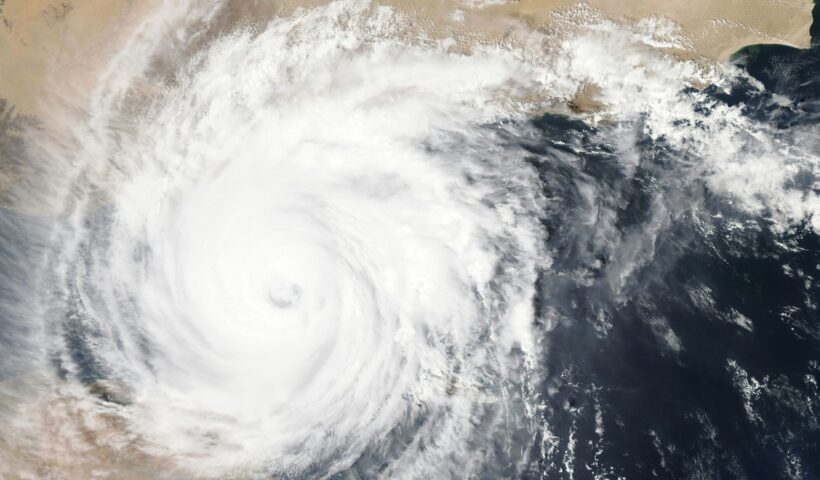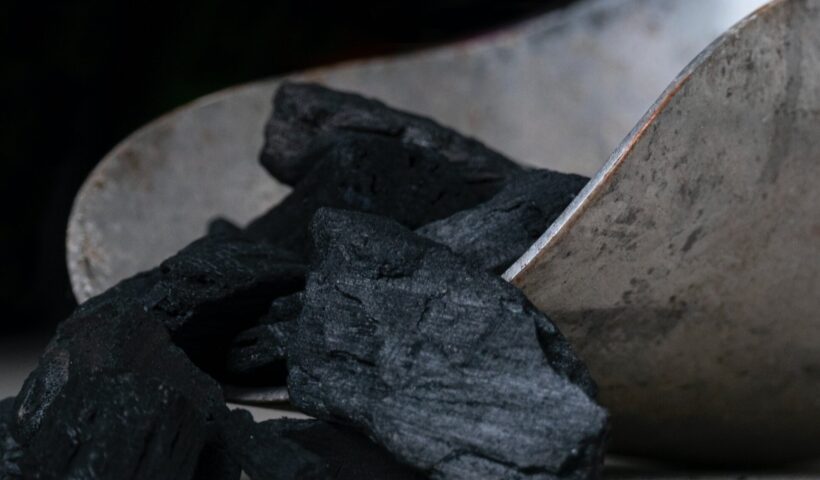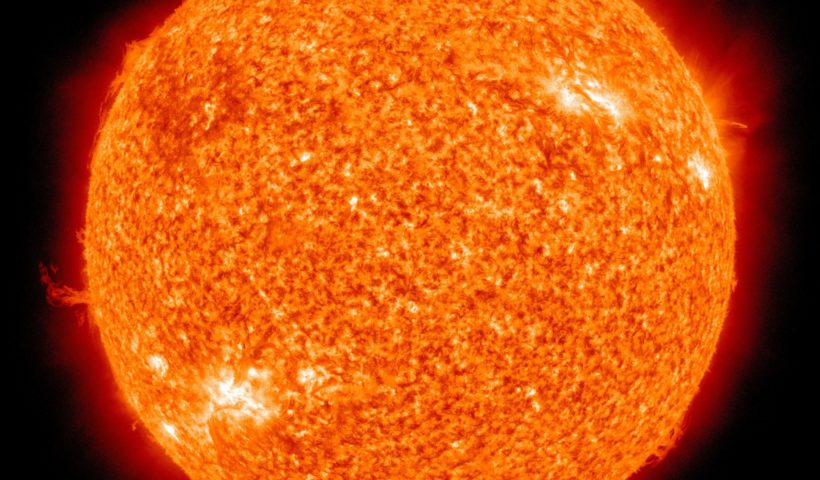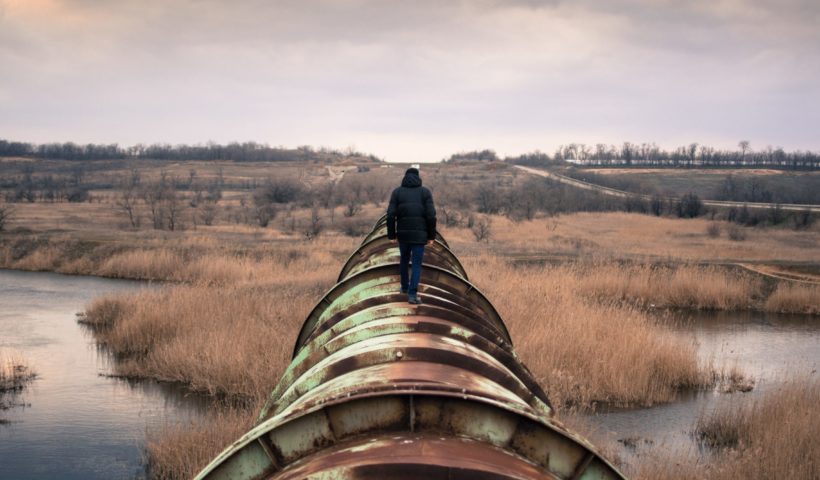The warnings preceding Hurricane Helene and Hurricane Martin were more accurate than ever before due to advances in forecasting methodology and technology. However, meteorologists have never faced such intense skepticism, hatred, and conspiracy-minded pushback. Many have been accused of steering the hurricanes, and others have faced threats of violence online. These false claims have been viewed more than 160 million times in the days following the hurricanes, and have even been pushed by government officials. However, in an effort to fight these false narratives, government authorities, civil society organizations, and meteorologists are now pushing back on disaster-related misinformation.
View More Fighting Hurricane Misinformation: Meteorologists Make the Climate Connection Amidst Storm of LiesTag: Climate Change
Spraying the Bay: A Controversy
Geoengineers at the University of Washington may have discovered a way to lower regional temperatures through the use of artificial marine cloud brightening (MCB). The team settled down in Alemade, California to start test runs of their project in early April. However, a lack of transparency on their part may get their research shut down.
View More Spraying the Bay: A ControversyFlooding in the Desert Caused by Climate Change?
Last week, the Arabian peninsula was hit by unprecedented rainfall, with parts of the desert nation United Arab Emirates receiving 10 inches of rain within 24 hours.
While this extreme weather mimics the patterns climate scientists have long warned about, some wonder if cloud seeding could instead be to blame for the catastrophic storms. However, scientists have debunked that theory, highlighting a public reluctance to believe that the global climate crisis is creating these extreme events. Linking these severe weather events to climate change is the first step to protecting human lives.
Controversy at the COP28 Summit
The annual United Nations Climate Change Conference has started with a bang. Comments made before the summit by the event president, Sultan Ahmed al Jaber, were met with scathing criticism. Al Jaber, who went on the record claiming the phase-out of fossil fuels is an alarmist idea not rooted in science, has since been slammed by other attendees for being biased toward fossil fuel and oil companies. Despite the president’s reluctance, a call for the complete removal of the fossil fuel industry continues to be a major focus point of the conference.
View More Controversy at the COP28 SummitBurners in Hot Water: The Struggle Over Household Gas Appliances
Recent studies link gas appliances to severe adverse personal health and climate effects, with many consumers considering switching to electric or induction alternatives. However, others, including some politicians and industries, are resistant to legislation that would limit or ban gas stoves. New York announced that it will implement a gas stove ban in 2026, while the House of Representatives passed a bill prohibiting such bans on a federal level. This legislative back-and-forth will likely continue, and it parallels other attempts to transition away from fossil fuel technologies.
View More Burners in Hot Water: The Struggle Over Household Gas AppliancesClimate Change is Driving Canadian Wildfires and Smoky New York City Skies
When wildfires raging in Canada created dangerous air quality in the Northeastern United States, many conversations centered around the eerie smoke-filled haze lingering in cities like New York and Philadelphia. Although air quality is important to discuss, so, too, is the driving force behind the fires. With Canada on track for having its worst wildfire season in history, it is critical that the connection between wildfires and climate change remains clear.
View More Climate Change is Driving Canadian Wildfires and Smoky New York City SkiesThe Influence of Climate Change on the Pros and Cons of California’s Wet Season
Already in 2023 California has experienced extreme rainfall that has significantly reduced the drought conditions in the state. This wet winter has also led to superblooms, a phenomenon in which wildflowers are able to cover vast fields due to the ground retaining moisture from the excessive rainfall. However, this level of rainfall has also led to extensive damage and flooding, and even the beautiful wildflowers pose an increased risk of wildfires once they dry out. Both these benefits and long term issues can be traced back to climate change, with the warming of the planet leading to a significant increase in the risk of a California megaflood.
View More The Influence of Climate Change on the Pros and Cons of California’s Wet SeasonCan Lab-Grown Meat Help Save the Planet?
As the global population and demands for meat continue to grow, so, too, does the meat industry’s contribution to climate change. Lab-grown meats are not far away from grocery store shelves, and they have the capability to reduce the impact of the meat industry on our planet. First, however, they will need to win over consumers.
View More Can Lab-Grown Meat Help Save the Planet?The Power of the Sun: Nuclear Fusion’s Future as Clean Energy
A recent achievement in the field of nuclear fusion has propelled the long-researched energy source into the spotlight. Until now, nuclear fusion was only a theoretical way to generate clean energy, but nuclear fusion has passed an important energetic threshold that offers early hope for the technology. However, this technology will likely take decades to implement, and it may come too late if currently available clean energy methods are not rapidly adopted.
View More The Power of the Sun: Nuclear Fusion’s Future as Clean EnergyWhy the Keystone XL Pipeline was Unethical
This article draws upon environmental, utilitarian, rights and justice ethics in order to explain why the Keystone XL Pipeline extension was unethical and why its permit was revoked by the Biden Administration in 2021. It debunks the common claims that the pipeline would increase jobs and encourage economic growth, as well as sheds light upon the negative environmental effects and risks to indigenous populations, offering ethical guidelines for the future, such as consulting with indigenous communities before embarking on construction projects.
View More Why the Keystone XL Pipeline was Unethical









